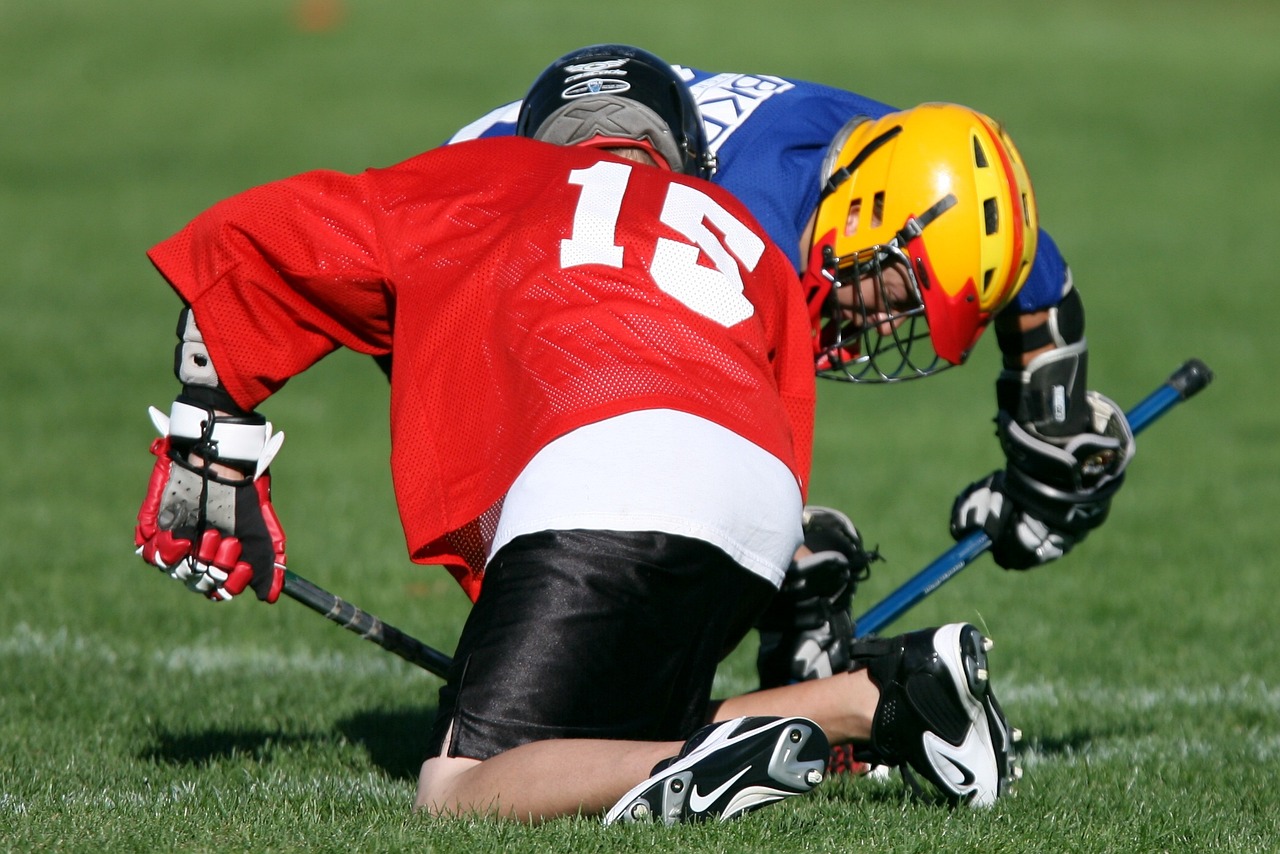Preventing Youth Sports Burnout: How Camps Can Promote Healthy Competition

Youth sports camps play a crucial role in developing young athletes, but they also carry the responsibility of ensuring that kids enjoy the game without feeling overwhelmed. Burnout is a growing concern in youth sports, often caused by excessive pressure, overtraining, and an unhealthy focus on winning. By fostering a balanced environment, camps can promote healthy competition while helping young athletes stay motivated and engaged.
Understanding Youth Sports Burnout
Burnout occurs when young athletes experience physical and emotional exhaustion, reduced performance, and a loss of passion for the sport. Common causes include:
Overtraining – Too many practices, games, or drills without proper rest.
Pressure to Win – Expectations from parents, coaches, or peers that create stress.
Lack of Fun – When sports feel more like a job than an enjoyable activity.
Early Specialization – Focusing on one sport too soon, leading to mental and physical fatigue.
Youth sports camps have a unique opportunity to combat these issues by fostering a positive, development-focused environment.
Strategies to Prevent Burnout in Youth Sports Camps
1. Prioritize Fun and Skill Development Over Winning
Winning is exciting, but it shouldn’t be the primary focus at a youth sports camp. Coaches should emphasize skill-building, teamwork, and personal growth over results on the scoreboard. Encouraging kids to celebrate small achievements helps them stay motivated without the fear of failure.
2. Encourage Multi-Sport Participation
Research shows that young athletes who play multiple sports develop better overall athleticism and are less likely to burn out. Camps can incorporate a variety of sports or cross-training activities to keep kids engaged while reducing repetitive stress injuries.
3. Implement Proper Rest and Recovery
Rest days and structured breaks are essential for preventing both physical and mental exhaustion. Camps should build in downtime between activities and educate athletes on the importance of recovery, including sleep, hydration, and nutrition.
4. Create a Supportive and Low-Pressure Environment
Coaches and staff should encourage a positive atmosphere where mistakes are seen as learning opportunities. Providing constructive feedback instead of harsh criticism helps young athletes develop resilience and confidence.
5. Educate Parents and Coaches on Healthy Competition
Parents and coaches play a key role in setting expectations. Camps can offer workshops or resources on how to support young athletes in a way that fosters long-term passion for the sport rather than short-term success.
6. Promote Teamwork and Social Connections
One of the best aspects of sports camps is the opportunity for kids to make new friends and work together toward a common goal. Encouraging team-building activities and peer support helps create a sense of community, making sports more enjoyable.
Conclusion
Preventing burnout in youth sports starts with creating a balanced approach to training and competition. By focusing on fun, multi-sport participation, proper rest, and a supportive environment, camps can help young athletes develop a lifelong love for the game. A well-structured camp not only builds better players but also happier, healthier individuals who continue to enjoy sports for years to come.